The Ketogenic Diet: UNTANGLED (Part 3)
What the *bleep* is ketosis?
So we've discussed the history and basic foundation of the keto diet (here), you’ve got the macronutrients down (here), but you are just like us and LOVE to understand the inner workings of your body (because you are AMAZING)! What better way to know if something is right for you than understanding how it works? If you are meeting us for the first time and want to learn the basics of the ketogenic diet, check out our blog post “So you are thinking of ’going keto’ - The Ketogenic Diet: UNTANGLED (Part 1)".
Let’s continue our chat about the keto diet by tackling ketones and ketosis, two key pieces of the ketogenic kale (we can’t say pie because that wouldn’t be keto right?!?! *winks*)
What IS a ketone?
A ketone, also called a ketone body, is a bi-product of fat being broken down in your body. Every human uses energy as fuel to keep us awake, walking, exercising, breathing, thinking and basically all the things we love (and need) to do. Very simply, our bodies are like big engines, that need fuel to function. Food is our fuel! The body burns the fuel we eat in a specific order, first and most efficiently, it uses carbohydrates and stores the leftovers as glycogen. Once our bodies have burned up all the glucose (from the glycogen stores) it will move onto making ketones from fat. Our brain, muscles and heart will start using ketones the same way we used glucose, but guess what? It’s a less efficient source of energy. Just as an FYI, there are three kinds of ketone bodies: acetoacetate, beta-hydroxybutyrate, and acetone (Gupta et al. 2017)
Now you might be asking, “are ketones harmful?” No. They are definitely not the PREFERRED source of energy for our brains, but they are not harmful in a healthy (non-pregnant) person. That being said, if you have type 1 or type 2 diabetes, high amounts of ketones in the blood can be very dangerous. A buildup of ketones in the blood is a condition called ketoacidosis, which results in major, potentially life threatening, health effects. Keep an eye on our blog for a future post about who the keto diet is safe for.
What is ketosis?
Well, now that you know about ketones, ketosis just means a buildup of ketones in the blood and the move to a reliance on ketones, rather than glucose, for energy.
When on the keto diet, dieters are hoping to achieve ketosis commonly in order to help them lose weight, but other motivators include improving insulin resistance, lowering blood pressure & cholesterol, and/or helping to reduce appetite or cravings.
If you have truly kept your body in ketosis you may experience the following outcomes:
The high intake of fat and high-fiber vegetables typically increases satiety (the feeling of fullness)
It is common for people to initially experience the “keto-flu” which can include brain fog, nausea, headaches and fatigue. Keto-flu is the result of our bodies not being conditioned to using ketones for energy. As mentioned above, glucose, from eating carbohydrates, is the most efficient energy source for our bodies to use.
Ok ok, so we’ve gotten a little nerdy in this one, you are probably asking “what is the bottom line?” Basically, the ketogenic diet is A LOT more than simply cutting carbs and upping fat and crossing your fingers for long term weight loss. It’s a HIGHLY scientific diet where the dieter must commit to a complete overhaul of their lifestyle in order to truly stay in “ketosis”. If you’ve been following for a while you know that The Nutrition Room is about loving yourself and finding manageable ways to live an enjoyable life, not one full of strict rules.
If, however, you have questions about if the ketogenic diet could help with specific health related goals or chronic disease management, reach out to us. We are available to answer your questions and give you the straight facts you need to make the right decisions for you, always free of judgement. We would RATHER you seek the support of a registered dietitian especially if you are exploring the ketogenic diet for chronic disease management. Your health safety matters to us and we are just a DM away!
Stay tuned for the next keto-themed blog series where we will talk more about weight loss outcomes, chronic disease, pregnancy, childhood safety, and micronutrient deficiencies!
